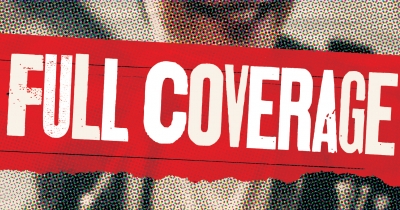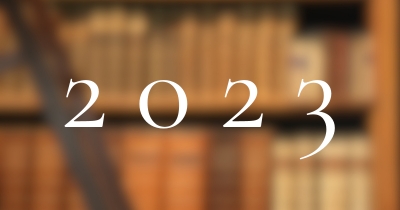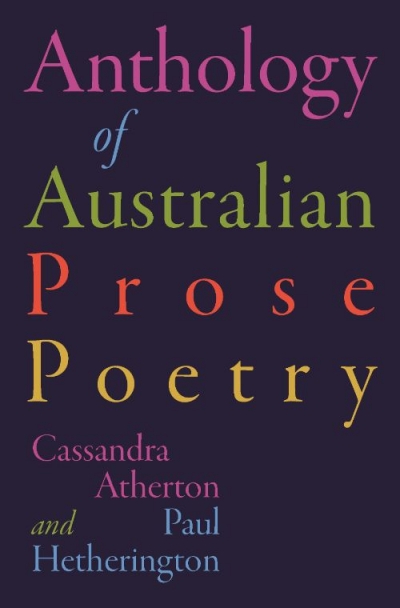Accessibility Tools
- Content scaling 100%
- Font size 100%
- Line height 100%
- Letter spacing 100%
Des Cowley
The ABR Podcast
Released every Thursday, the ABR podcast features our finest reviews, poetry, fiction, interviews, and commentary.
Subscribe via iTunes, Stitcher, Google, or Spotify, or search for ‘The ABR Podcast’ on your favourite podcast app.
‘Where is Nancy?’ Paradoxes in the pursuit of freedom
by Marilyn Lake
This week on The ABR Podcast, Marilyn Lake reviews The Art of Power: My story as America’s first woman Speaker of the House by Nancy Pelosi. The Art of Power, explains Lake, tells how Pelosi, ‘a mother of five and a housewife from California’, became the first woman Speaker of the United States House of Representatives. Marilyn Lake is a Professorial Fellow at the University of Melbourne. Listen to Marilyn Lake’s ‘Where is Nancy?’ Paradoxes in the pursuit of freedom’, published in the November issue of ABR.
Recent episodes:
In 2024, Melbourne Rare Book Week celebrates its tenth anniversary. The brainchild of antiquarian bookseller Kay Craddock, it was founded in 2012, in part to evolve and educate a new generation of book lovers; but also to support Melbourne’s then recent designation as a City of Literature.
The idea was simple but effective: to harness Melbourne’s many institutions – libraries, galleries, museums, universities – which house collections of rare books, and to partner with them to create a dedicated ten-day program of events in the lead-up to the Melbourne’s annual Rare Book Fair.
... (read more)Full Coverage: A history of rock journalism in Australia by Samuel J. Fell
To celebrate the year’s memorable plays, films, television, music, operas, dance, and exhibitions, we invited a number of arts professionals and critics to nominate their favourites.
... (read more)What the authors of these three wildly different books share is a gift for creating through language a kind of intimacy of presence, as though they were in the room with you. Emily Wilson’s much-awaited translation of The Iliad (W.W. Norton & Company) is a gorgeous, hefty hardback with substantial authorial commentary that manages to be both scholarly and engaging. The poem is translated into effortless-looking blank verse that reads like music. The Running Grave (Sphere) by Robert Galbraith (aka J.K. Rowling), the seventh novel in the Cormoran Strike crime series and one of the best so far, features Rowling’s gift for the creation of memorable characters and a cracking plot about a toxic religious cult. Charlotte Wood’s Stone Yard Devotional (Allen & Unwin, reviewed in this issue of ABR) lingers in the reader’s mind, with the haunting grammar of its title, the restrained artistry of its structure, and the elusive way that it explores modes of memory, grief, and regret.
... (read more)To celebrate the year’s memorable plays, films, television, music, operas, dance, and exhibitions, we invited a number of arts professionals and critics to nominate their favourites.
... (read more)Melbourne International Jazz Festival
The pandemic was always destined to cast a long shadow, leaving promoters and festivals twitchy when it came to long-term planning. The Melbourne International Jazz Festival (MIJF), like so many other events, swallowed a bitter pill in 2021, as the city went into its sixth lockdown just weeks out, scuttling months of preparation. A quick scramble saw a scaled-back, hastily assembled program of exclusively local acts rolled out over a weekend in December, a temporary marker signalling that the MIJF was down but far from out.
... (read more)Life Before Man (LBM), the poetry imprint of Gazebo Books, was founded by artist and publisher Phil Day in 2020. To date, seven books have been published, including works by Subhash Jaireth, Cassandra Atherton, Anthony Lawrence, Gary Catalano, and Alex Selenitsch. Forthcoming is a substantial international anthology of prose poetry, titled Alcatraz.
... (read more)It was never going to be a normal Melbourne International Jazz Festival. After all, there was nothing normal about the past two years. Having been forced to cancel in 2020, the festival made the decision to shift the 2021 event from its usual June timeslot to mid-October, perhaps hoping the extra few months might make a difference. The program was duly issued, tickets both offered and sold. Clearly, there would be nothing international about it, though it featured a strong interstate contingent. But in the end, lockdowns ensued, and October came and went. That might well have been the end of it. But, with tenacious resolve, MIJF re-grouped and scheduled a heavily stripped-down program for early December, this time playing it safe by sticking nearly exclusively to local musicians. There were few complaints. Advance bookings were strong in a city long deprived of live music, with some performances selling out within hours of the program’s launch.
... (read more)








